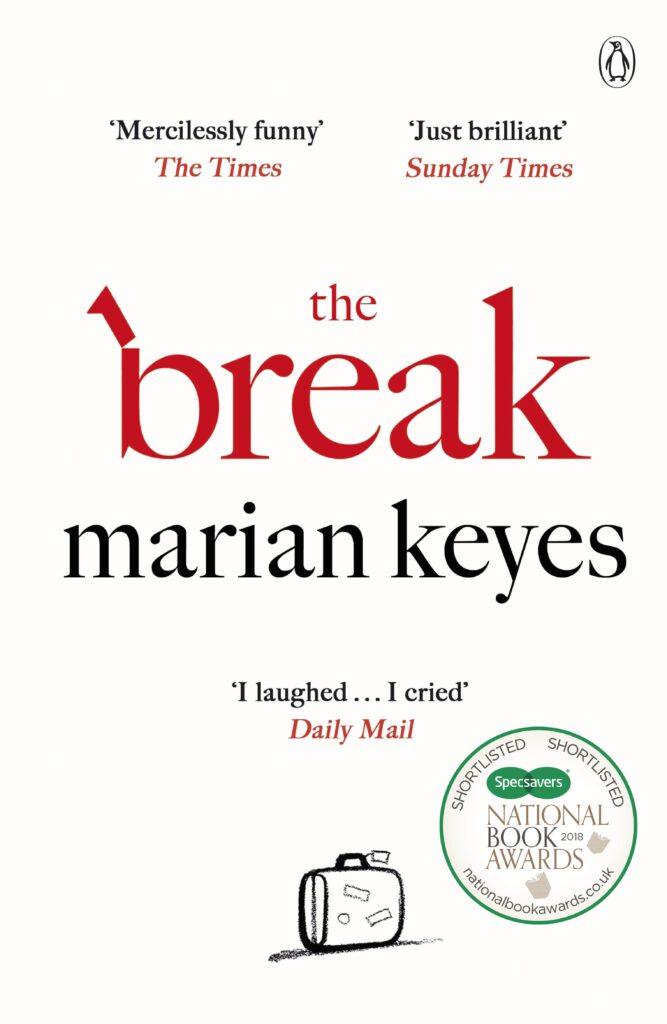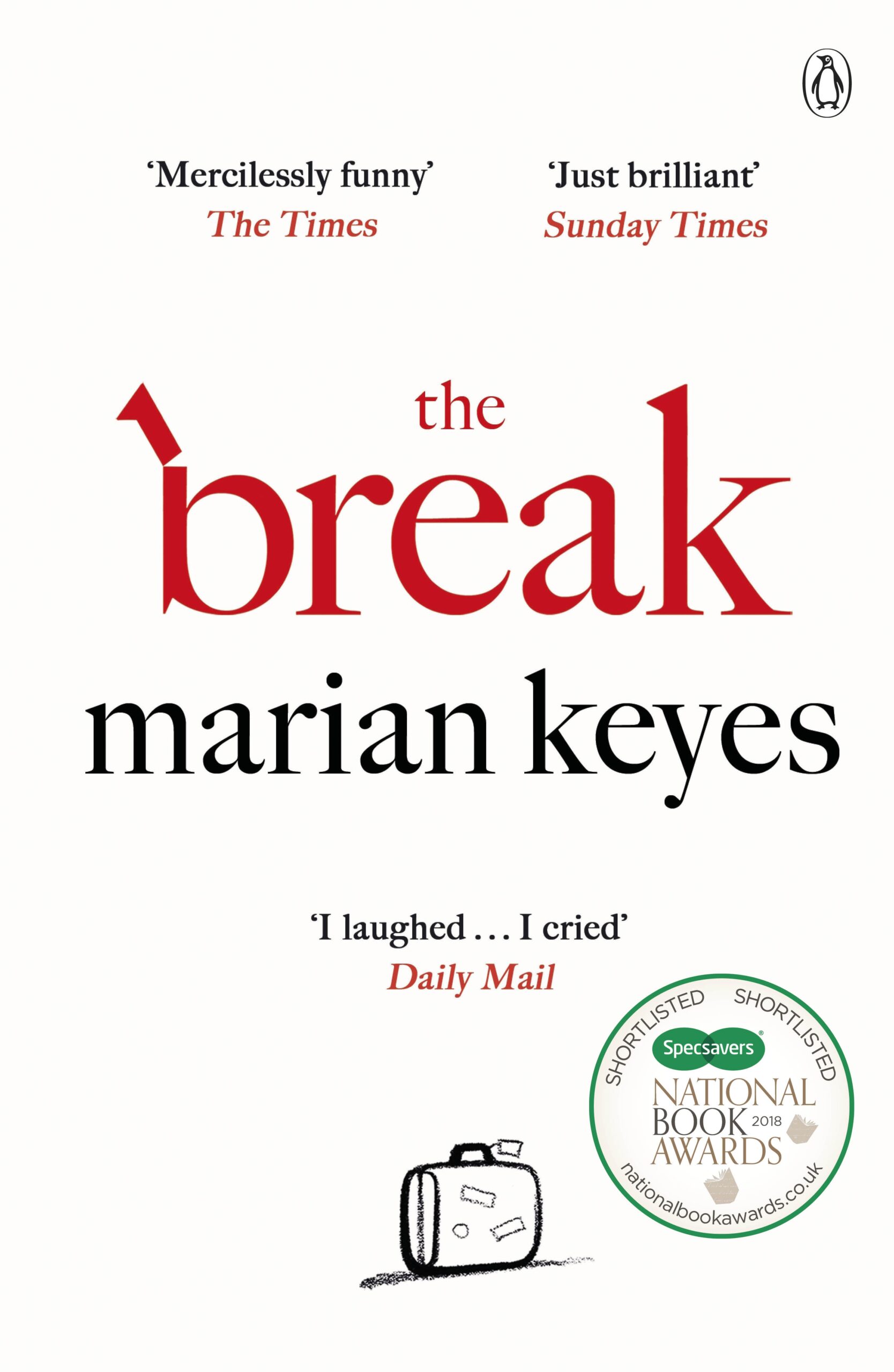The Break
Amy’s husband Hugh says he isn’t leaving her.
He still loves her, he’s just taking a break – from their marriage, their children and, most of all, from their life together. Six months to lose himself in south-east Asia. And there is nothing Amy can say or do about it.
Yes, it’s a mid-life crisis, but let’s be clear: a break isn’t a break up – yet . . .
However, for Amy it’s enough to send her – along with her extended family of gossips, misfits and troublemakers – teetering over the edge.
For a lot can happen in six-months. When Hugh returns if he returns, will he be the same man she married? And will Amy be the same woman?
Because if Hugh is on a break from their marriage, then isn’t she?
The Break isn’t a story about falling in love but about staying in love. It is Marian Keyes at her funniest, wisest and brilliant best.

